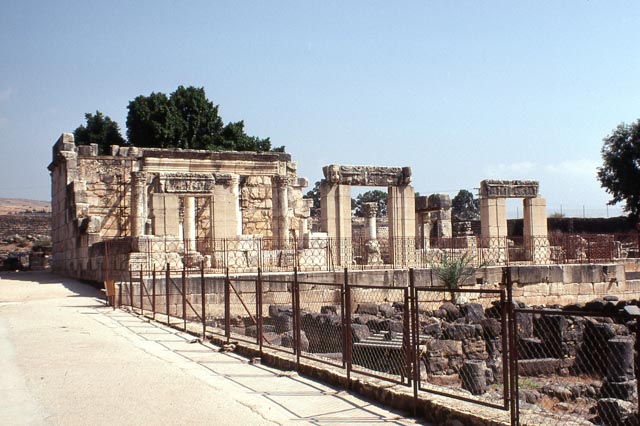You can simplify your dress, move to a cabin in the woods, and still complicate your life. True simplicity isn’t what you think.

James
James the brother of Jesus was a wordsmith. He coined phrases for Christians that had never appeared in the Greek language before. For example, in chapter two, he introduces us to the rich man who comes to church wearing “a gold ring.” Literally, James says, the man has “golden fingers” (chru-so-daktu-lios, χρυσοδακτύλιος). Talk about bling! He has so many rings, you can’t see his fingers!
A far more important word is coined in chapter one: di-psu-chos (δίψυχος): a man with “two souls.” An early elder of the church picked up that word and used it to describe Lot’s wife (Genesis 19). She had two souls. With one she wanted to be saved and with the other she wanted to live in the city. Because she was divided, she perished.
During the Sermon on the Mount, Jesus talked about the true meaning of simplicity. It’s singleness of vision.
Matthew 6:22 “The eye is the lamp of the body. So, if your eye is healthy, your whole body will be full of light, 23 but if your eye is bad, your whole body will be full of darkness. If then the light in you is darkness, how great is the darkness!
So, which is it for you? Is your eye healthy – that is – are you focused on a single vision for your life, or is you eye bad, fliting from one goal to another?
How can I simplify my life? First this observation. We are the ones who make our life complicated. Like someone trying to walk through a Las Vegas casino, we are distracted by all the ringing bells and flashing lights. Focus! In the Sermon on the Mount, Jesus told us we can’t serve two masters (Matthew 6:24). Choose! And don’t worry about the “what-ifs” or the “if-onlys.” Remember the lesson of light. By itself, a beam of light is scattered, but when it is focused it can become a laser beam that can cut metal. Let’s be lasers today!









